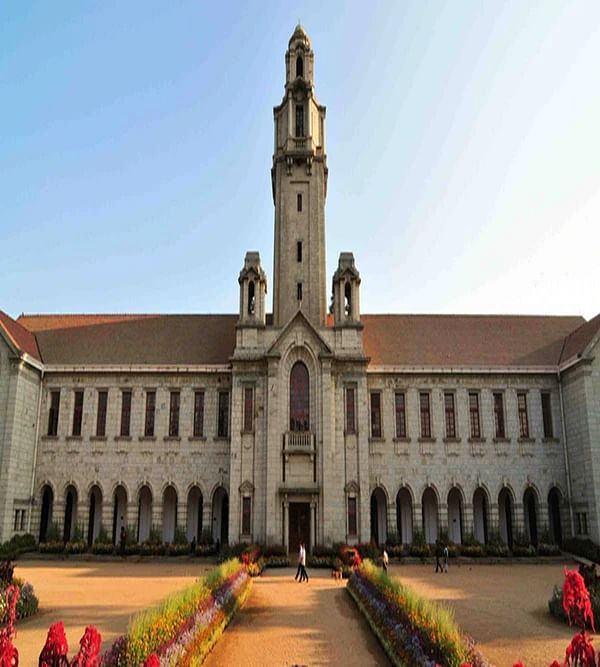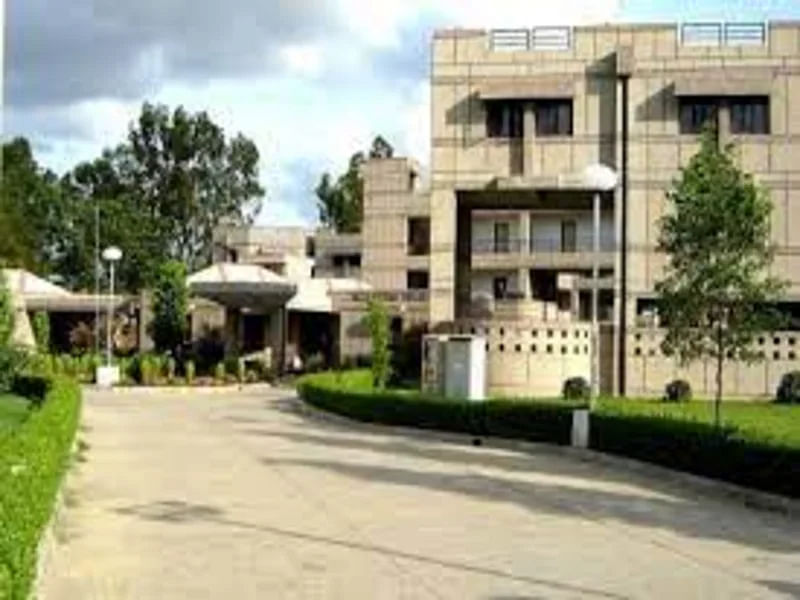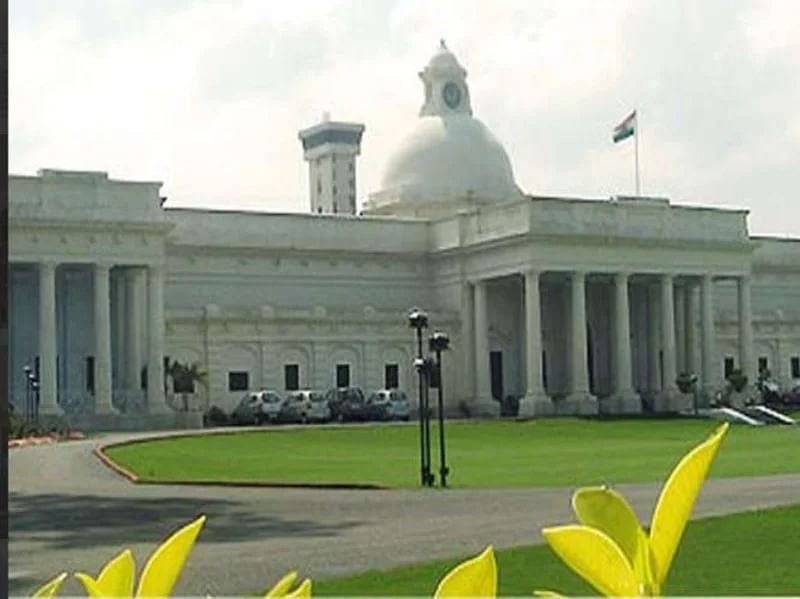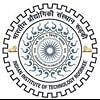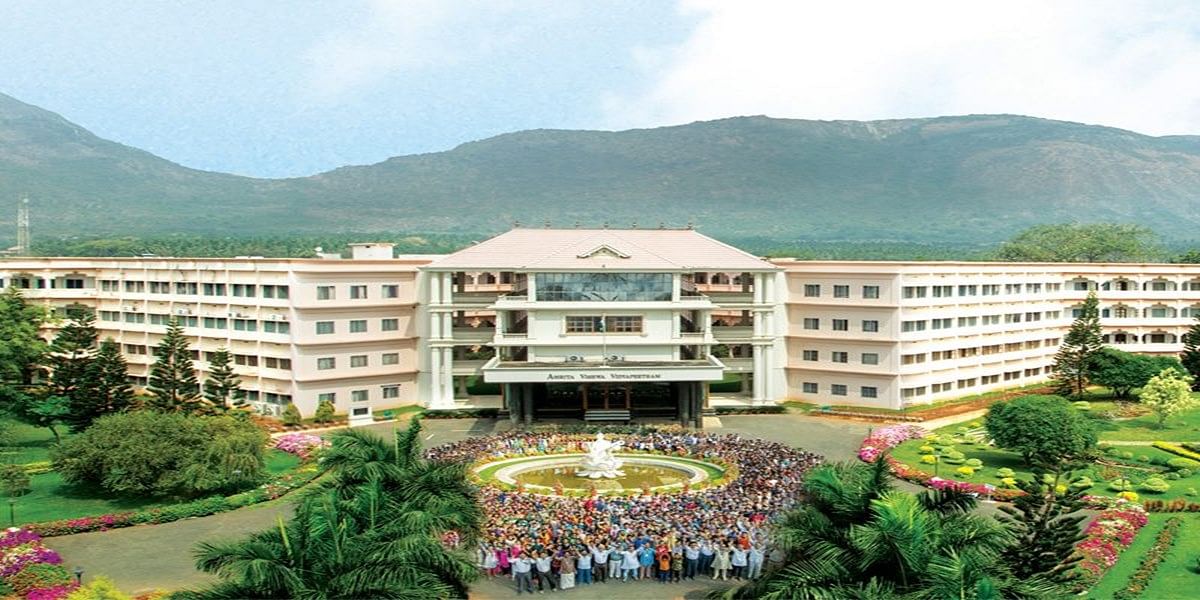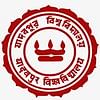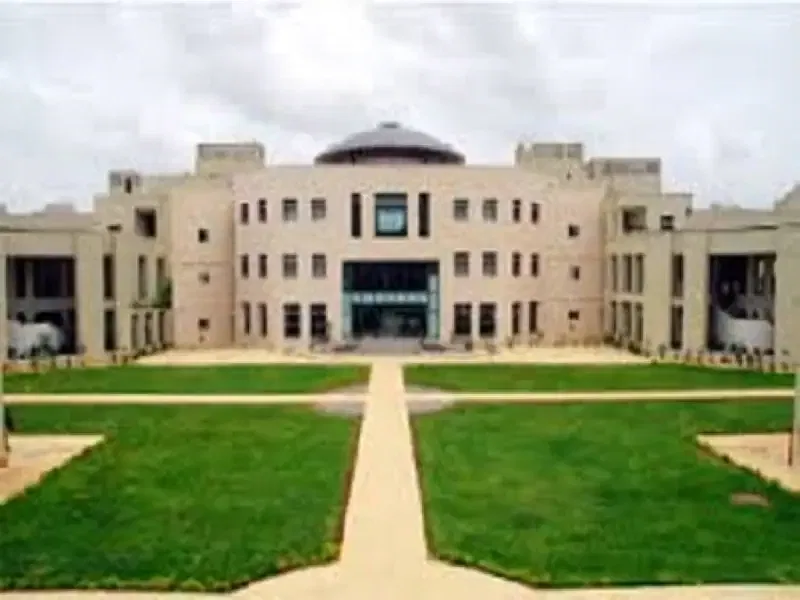BSc Physics 2nd Year Syllabus: Subjects List, Electives & Practicals
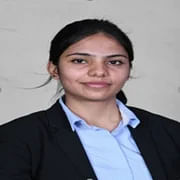
BSc Physics 2nd year syllabus focuses on the study of advanced core topics like mathematical physics, modern physics, classical mechanics, digital systems and applications, statistical mechanics, etc. The BSc Physics syllabus covers compulsory skill enhancement courses/subjects like experiments on lasers, experiments on fiber optics, experiments on semiconductors, etc.
The BSc Physics 2nd Year also covers elective subjects like material science and astrophysics, instrumentation, computational physics, etc. The BSc Physics course focuses on the application of concepts through laboratory work /practicals and the development of career competency skills.
Table of Contents
- BSc Physics 2nd Year Syllabus
- B.Sc Physics 2nd Year Subjects
- BSc Physics Second Year Practical Subjects
Also, Check: BSc Physics 1st Year Syllabus
BSc Physics 2nd Year Syllabus
In the B.Sc Physics 2nd year syllabus, 3rd sem subjects focus on the study of modern and classical physics principles along with mathematical and experimental skills required for research, whereas, 4th sem subjects focus on topics ranging from electricity and magnetism to quantum mechanical behavior and the Carnot cycle concept.
Below listed is BSc Physics second year syllabus in detail:
|
Semester III |
Semester IV |
|
Mathematical Physics-II |
Mathematical Physics-III |
|
Analog Systems and Application |
Allied Chemistry-II |
|
Thermal and Statistical Physics |
Physical Optics-II |
|
Allied Chemistry-I |
Digital Systems and Applications |
|
Sound Waves, Applied Acoustic, Ultrasonic and Power Supply |
Modern Physics Elements |
|
Practicals/Lab Work |
Practicals/Lab Work |
B.Sc Physics 2nd Year Subjects
The BSc Physics syllabus in second year delves into classical mechanics, electromagnetism, quantum mechanics, principles that govern quantum systems, etc. Below given is the BSc Physics subjects in detail:
BSc Physics 3rd Semester Subjects in Detail
B.Sc 3rs sem Physics syllabus covers topics like thermodynamic process, kinetic theory of gases, complex analysis, wave-particle duality, etc. Below listed are BSc Physics 3rd semester subjects in detail:
|
Subjects |
Topics Covered |
|
Sound Waves, Applied Acoustic, Ultrasonic and Power Supply |
Properties of Sound Wave, Acousting Signal Processing, Generation and Detection of Ultrasonic Waves, AC and DC Power Supply, etc. |
|
Thermal and Statistical Physics |
First Law of Thermodynamics, Concept of Entropy, Extensive and Intensive Thermodynamic Variables, Maxwell Relations, Conduction and Radiation Definition, Conductivity Principle, etc. |
|
Allied Chemistry-I |
Chemical Thermodynamics, States of Matter, Brief of Organic Chemistry, Stoichiometry, Balancing Chemical Equations, etc. |
|
Analog Systems and Applications |
P and N Type Semiconductors, Drift Velocity Concept, Photo Diode, Open Loop and Closed Loop Gains, Fixed Bias and Voltage Divider Bias, etc. |
|
Mathematical Physics-II |
Special Functions, Tensor Analysis, Green's Function, Nonlinear Dynamics, Distribution Theory, etc. |
BSc Physics 4th Semester Subjects in Detail
BSc Physics 4th sem syllabus focuses on topics like quantum mechanics, electromagnetism, statistical mechanics including mathematical models, etc. Below listed are B Sc 4th sem Physics syllabus:
|
Subjects |
Topics Covered |
|
Mathematical Physics-III |
Advanced Mathematical Methods for Physics, including topics such as Differential Equations, Complex Analysis, and Special Functions. |
|
Digital Systems and Application |
Introduction to Digital Systems, Binary and Boolean Algebra, Digital Logic Gates, Flip-Flops, Digital Circuits, etc. |
|
Allied Chemistry-II |
Chemical Kinetics, Study of Acid-Base Theories, UV-Visible, IR, NMR Spectroscopic Techniques, etc. |
|
Physical Optics-II |
Principles of Optics, Corpuscular Theory, Wave Theory, Huygen’s Theory, CRO Study, Fresnel's Bi Prism Theory, and Experiment, etc. |
|
Modern Physics Elements |
Atomic Model, Wave Packet, Atomic Spectra and Model, Principle of Uncertainty, Nuclear Physics-I, Nuclear Physics-II, etc. |
Also, Check: BSc Physics 3rd Year Syllabus
BSc Physics Elective Subjects in Second Year
The elective subjects are available in BSc Physics second year which students can select as per their interest area. Below is a list of BSc Physics elective subjects:
- Electricity and Magnetism & Electronics
- Computational Physics
- Principles of Astrophysics
- Special Theory of Relativity
BSc Physics Second Year Practical Subjects
BSc Physics 2nd year syllabus consists of practical subjects or lab work in the third and fourth semesters to understand modern measurement techniques, practical application of concepts like optics, etc. Below listed are B.Sc Physics second year practical subjects:
|
3rd Semester Practical Topics |
4th Semester Practical Topics |
|
Allied Chemistry-I Practical |
Allied Chemistry-II Practical |
|
Thermal Physics Laboratory Work/Practical |
Interference and Diffraction of Light Practical |
|
Analog Systems & Applications 2 Laboratory Work |
Also Check: Career Opportunities after BSc Physics in India
B.Sc Physics 2nd Year Question Paper Marking Scheme
Students are evaluated in the second year based on internal assessment, end-semester examinations, and skill enhancement courses. The total marks per subject is 100, where 25/20 marks are for internal assessment and 75/80 for end semester examination. The bifurcation of internal and end-semester examination marks can vary from university to university for BSc Physics syllabus.
Below listed is the B.Sc Physics third and fourth semesters marking scheme:
BSc Physics 3rd Semester Marking Scheme
Below listed is the BSc Physics 3rd sem syllabus marking scheme for the theory and practical subjects covered:
|
Subjects |
Category |
Internal Assessment |
End Semester Examination |
Total Marks |
|
Allied Chemistry-II |
Theory |
25 |
75 |
100 |
|
Allied Chemistry-II |
Theory |
25 |
25 |
50 |
|
Thermal and Statistical Physics |
Theory |
25 |
75 |
100 |
|
Thermal and Statistical Physics |
Lab Work/Practical |
25 |
25 |
50 |
|
Career Competency Skills-I |
Skill Enhancement Course |
100 |
- |
100 |
BSc Physics 4th Semester Marking Scheme
Below listed is the BSc in Physics fourth semester marking scheme bifurcated into internal assessment and end semester examination:
|
Subjects |
Category |
Internal Assessment |
End Semester Examination |
Total Marks |
|
Allied Chemistry-II |
Theory |
25 |
75 |
100 |
|
Allied Chemistry-II |
Practical |
25 |
25 |
50 |
|
Career Competency Skills-I |
Skill Enhancement Course |
100 |
- |
100 |
|
Optics |
Theory |
20 |
80 |
100 |
|
Optics Practical |
Practical/Lab Work |
- |
25 |
25 |
B.Sc Physics 2nd Year Reference Books
BSc 3rd Sem Physics books cover topics like advanced mathematical models, and modern physics, while 4th semester focuses on the study of quantum systems, basics of nuclear physics, etc. Below listed are a few important books for BSc Physics syllabus:
|
BSc Physics 2nd Year Books |
Author |
Topics Covered |
|
Advanced Engineering Mathematics |
Erwin Kreyszig |
Ordinary Differential Equations, Linear Algebra, Vector Calculus, Complex Analysis, Fourier Analysis, etc. |
|
Modern Physics |
KS Krane |
Quantum Mechanics, Relativity Theory, Wave Properties of Particles, Atomic Physics, Statistical Physics, etc. |
|
Text Book of Advanced Practical Physics |
S. Ghosh |
Study of Motion, Polarization of Light, Verification of Ohm’s Law, Solid State Physics, Experiments Related to the Photoelectric Effect, etc. |
|
Heat and Thermodynamics |
AB Gupta and HP Roy |
First Law of Thermodynamics, Second Law of Thermodynamics, Statistical Thermodynamics, Heat Transfer, etc. |
Top BSc Physics Colleges
Top Science Entrance Exams
BSc Physics Fee Structure
FAQs on BSc Physics 2nd Year Syllabus
Q: What are the core subjects in B.Sc 2nd year Physics syllabus?
Q: Do students study any specific branches of physics in the second year?
Q: How is optics covered in the B Sc 2nd year physics syllabus?
Q: How is the second year BSc Physics examination structured?
Q: Is there any practical work in the B Sc 4th sem Physics syllabus
